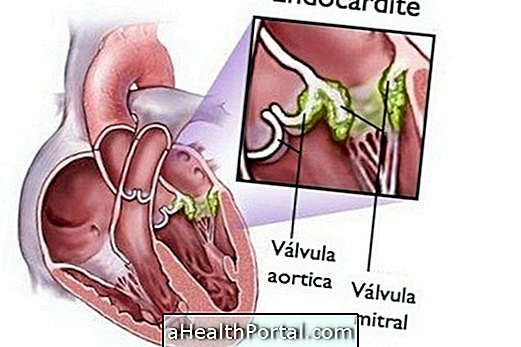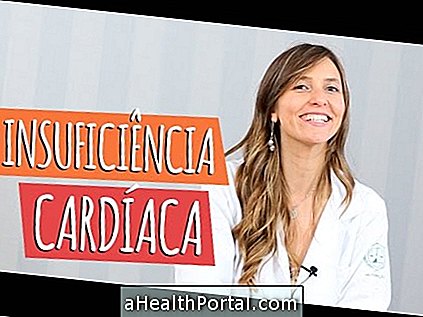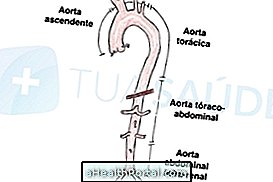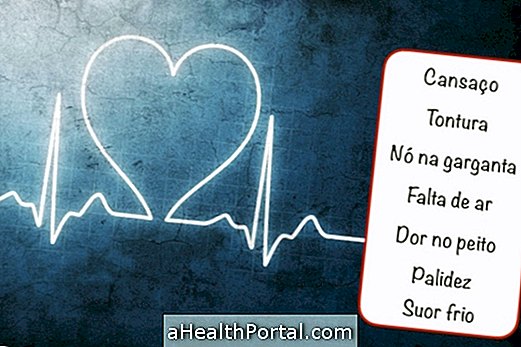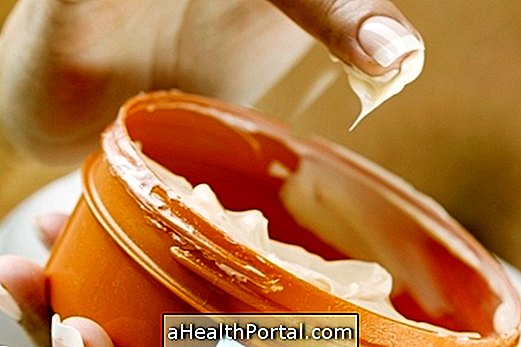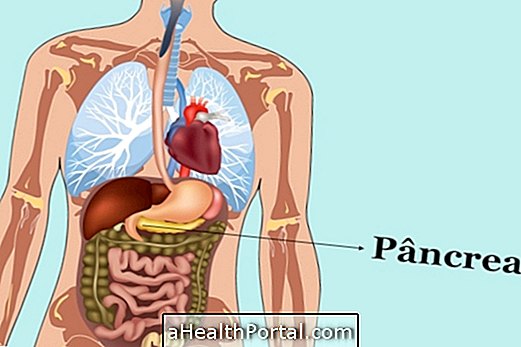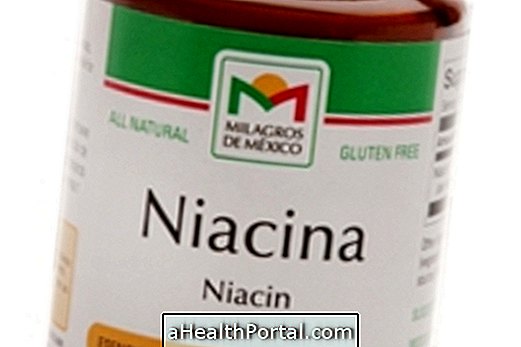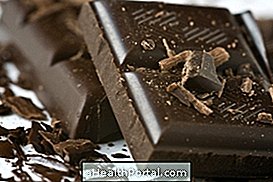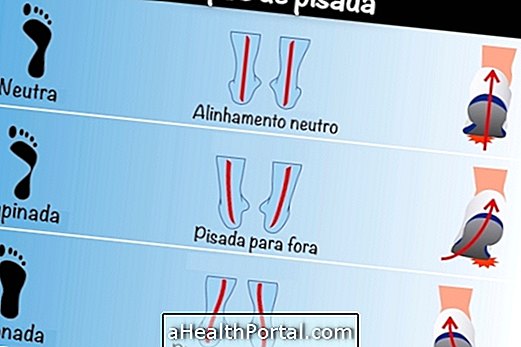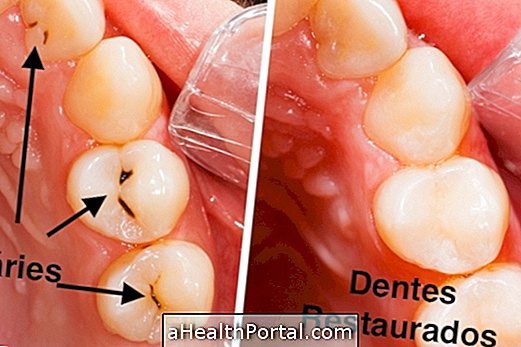The treatment of angina is mainly done with the use of medications indicated by the cardiologist, but the person must also adopt healthy habits, like practice of exercises regularly, that must be accompanied by a professional, and an adequate diet. In more severe cases, however, surgery may be indicated according to the degree of obstruction of the arteries.
Angina is a feeling of tightness and pain in the chest, usually caused by decreased blood flow to the heart due to the formation of fat plaques, called atheroma, inside the arteries. Understand what angina is, major types and how the diagnosis is made.

How is the treatment done?
The treatment of angina is aimed at reducing symptoms and relieving angina, and is usually done with the use of vasodilator drugs and beta-blockers, which allow increased blood supply to the heart muscle, relieving symptoms. Some of the medications recommended by the cardiologist are Acetyl Salicylic Acid (AAS) and Atorvastatin, for example, which works by lowering cholesterol and triglyceride levels, reducing fat plaques inside the arteries and facilitating blood flow. Learn more about Atorvastatin.
In some cases it may be necessary to perform surgical procedures to allow the heart to function properly. In cases of patients with obstruction of coronary vessels as a cause of angina, especially when the fat plate blocks 80% or more of the blood flow inside the artery, angioplasty is indicated, which may be by balloon or by placement of stent. In this case, the risk of this atheroma moving and causing a heart attack is very high and a coronary angioplasty may bring benefits to the person. Understand what angioplasty is and how it is done.
When atheroma plaques block more than 80% of the vessels in 3 or more arteries or when there is involvement of the main artery of the heart, called a descending anterior, a myocardial revascularization surgery, also known as a bypass surgery, may be indicated. See how the saphenous vein surgery is done.
How to prevent
Angina can be prevented by practicing healthy habits such as exercise and healthy eating. It is important to keep the pressure under control, consume few fatty foods, avoid overeating and alcoholic beverages, and stop smoking and engage in regular physical activity under the guidance of the physiotherapist or physical education professional. Thus, it is possible to prevent the formation of fat plaques within the arteries, preventing angina and other cardiovascular diseases. Also check out a home remedy for angina.
It is very important that people who are overweight have diabetes, high blood pressure or who do not feed themselves correctly, abuse of sweets and fats, seek to change these habits and routinely perform cardiological evaluations, especially if there is any case in the coronary disease family .
Early detection of a problem in the blood vessels or heart increases the chances of success in treatment, increase the quality of life and decrease the risk of a heart attack.
